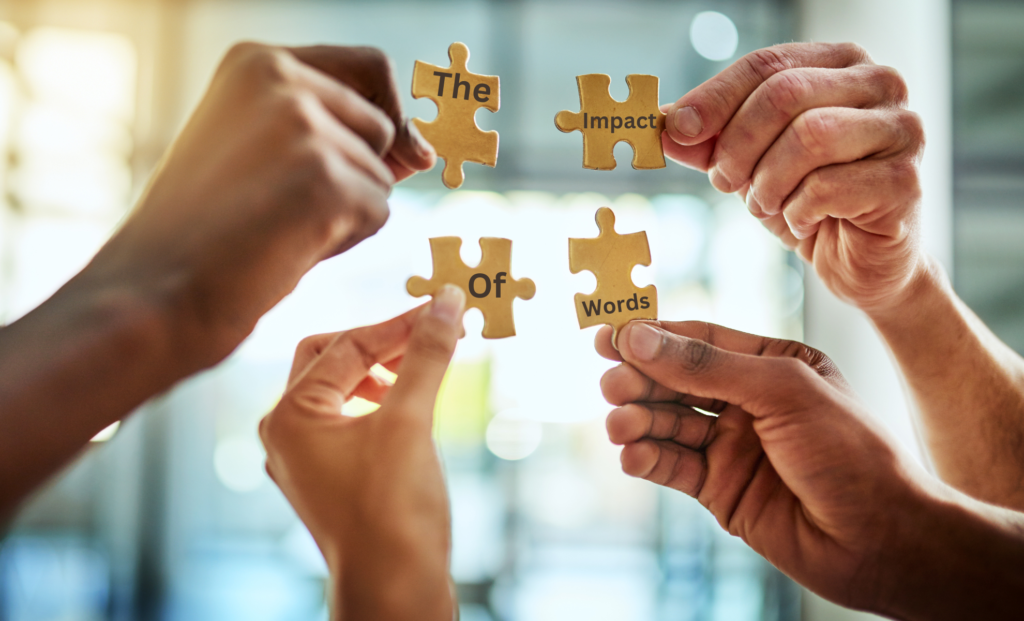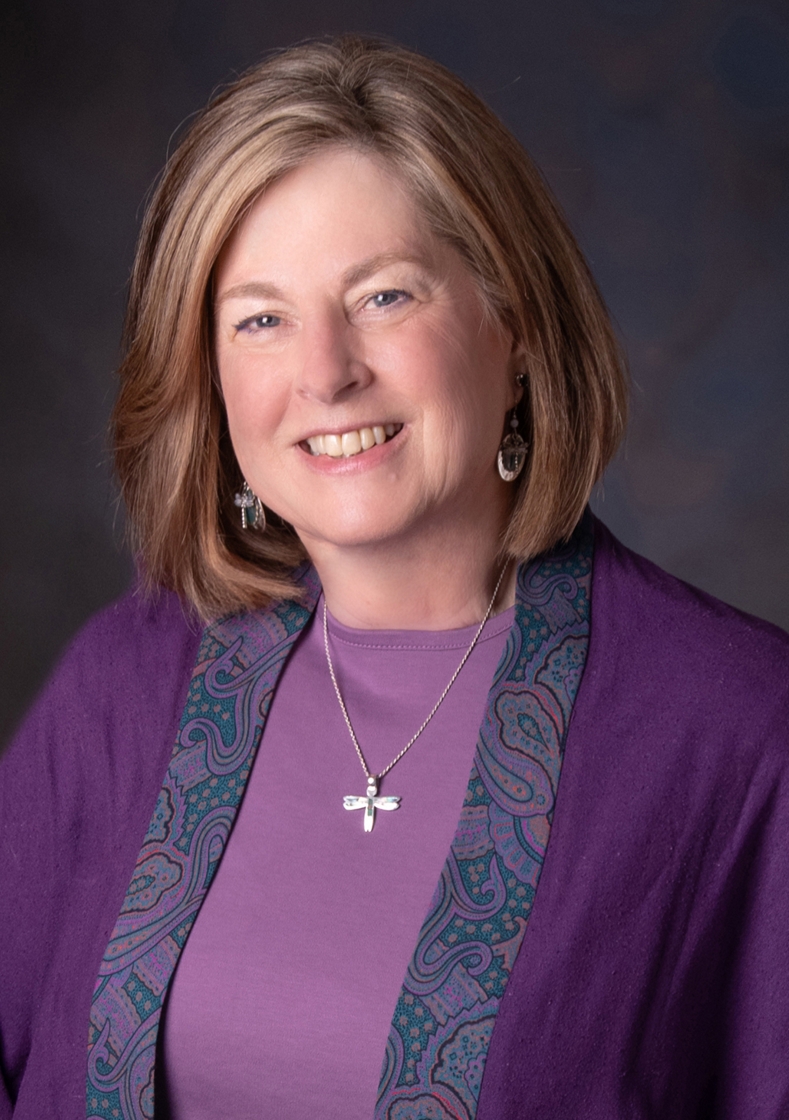Navigating Sensitive Conversations: The Power of Asking and Understanding Cultural Context
We’ve all been there—caught in the middle of a conversation when we suddenly notice a shift in someone’s expression. Maybe it’s a subtle change in their face, or maybe it’s a pause that feels heavier than the moment warrants. Whatever it is, we freeze. Something we said or did didn’t land well, and the unease starts to creep in.
The most challenging part? The fear of saying the wrong thing, especially when we don’t fully understand the cultural nuances or the sensitivities of the other person. In fact, one participant at the ICF Converge Conference in August 2023 voiced a concern that many of us can relate to: “I’m afraid to say anything because I don’t know their context or what words might be offensive.” This is a real dilemma for those of us who are empathetic, caring, and genuinely concerned about the impact our words have on others.
How Do We Navigate These Conversations?
In a world that is more connected than ever on some levels, where our words and actions can have a profound impact, understanding how to engage in sensitive conversations is crucial. When we’re unsure of what to say or how to say it, especially across cultural boundaries, it’s easy to feel stuck or worried about offending someone unintentionally.
At the Converge Conference, during a panel discussion, a coach in the audience asked a powerful question: “What do we do when we aren’t sure what words to use?” My answer may sound simple, but it is one of the most effective tools for navigating these tricky situations: Ask.
When you’re unsure how a word will land, ask the person you’re speaking with. For instance, you could say:
- “If I use this word, how would it land with you?”
- “Help me understand how you would say this?”
- “What does this word mean to you?”
- “How would you express what you’re trying to say in different words? I’d like to understand better.”
In these moments, it’s also important to acknowledge that you’re not as familiar with their context as you’d like to be. Saying something like, “I don’t know as much about your context as I would like to. Can you help me understand how I might express this in a way that others in your context would understand?” opens the door for learning and creates space for respectful dialogue.
The Power of Humility and Trust
By putting yourself in the position of someone who needs to be educated, you’re demonstrating several key qualities that go a long way in building rapport and trust. You’re being humble, indicating a willingness to learn, and showing interest in being collaborative and inclusive. These actions not only help you avoid misunderstanding, but they also pave the way for deeper connections and more meaningful interactions.
Trust is the foundation of any relationship—whether personal or professional. When you actively listen and show that you’re open to understanding, you make it easier for others to be vulnerable and honest with you. This vulnerability leads to better communication, as people feel safe enough to share their perspectives, knowing you’re genuinely trying to be supportive and respectful.
The Impact of Words
At Potentials, and in our years of working with individuals from diverse backgrounds, we’ve learned a critical lesson: words matter. The language we use can either foster inclusivity and respect or inadvertently cause harm. Certain words carry historical baggage and using them can have a detrimental impact on the person you’re speaking to—or even about. These words can wound, and sometimes we may not even be aware of the hurt they cause.
That’s why we’ve taken the time to compile a list of words and phrases that have the potential to be offensive or harmful, and we’ve provided alternative, more sensitive options. It’s about using language that is accurate, respectful, and inclusive. Even when talking about someone else, our choice of words reflects our attitude toward them and the level of respect we have for their identity.
Moving Toward a More Inclusive Future
It’s not just about avoiding harm; it’s about actively fostering a culture of kindness, empathy, and respect. It’s about creating a community where everyone feels safe, valued, and understood. The language we use plays a vital role in this, and by choosing our words thoughtfully, we contribute to an environment that is welcoming and growth-promoting.
I encourage you to join us in this effort to create a more respectful, engaging, and inclusive community. Together, we can learn from each other, grow as individuals, and build a world where our differences are not just accepted, but celebrated.
Here is a link to our list of sensitive words and alternative expressions. Please take a moment to explore it and consider how we can all contribute to a more compassionate world, one conversation at a time.


